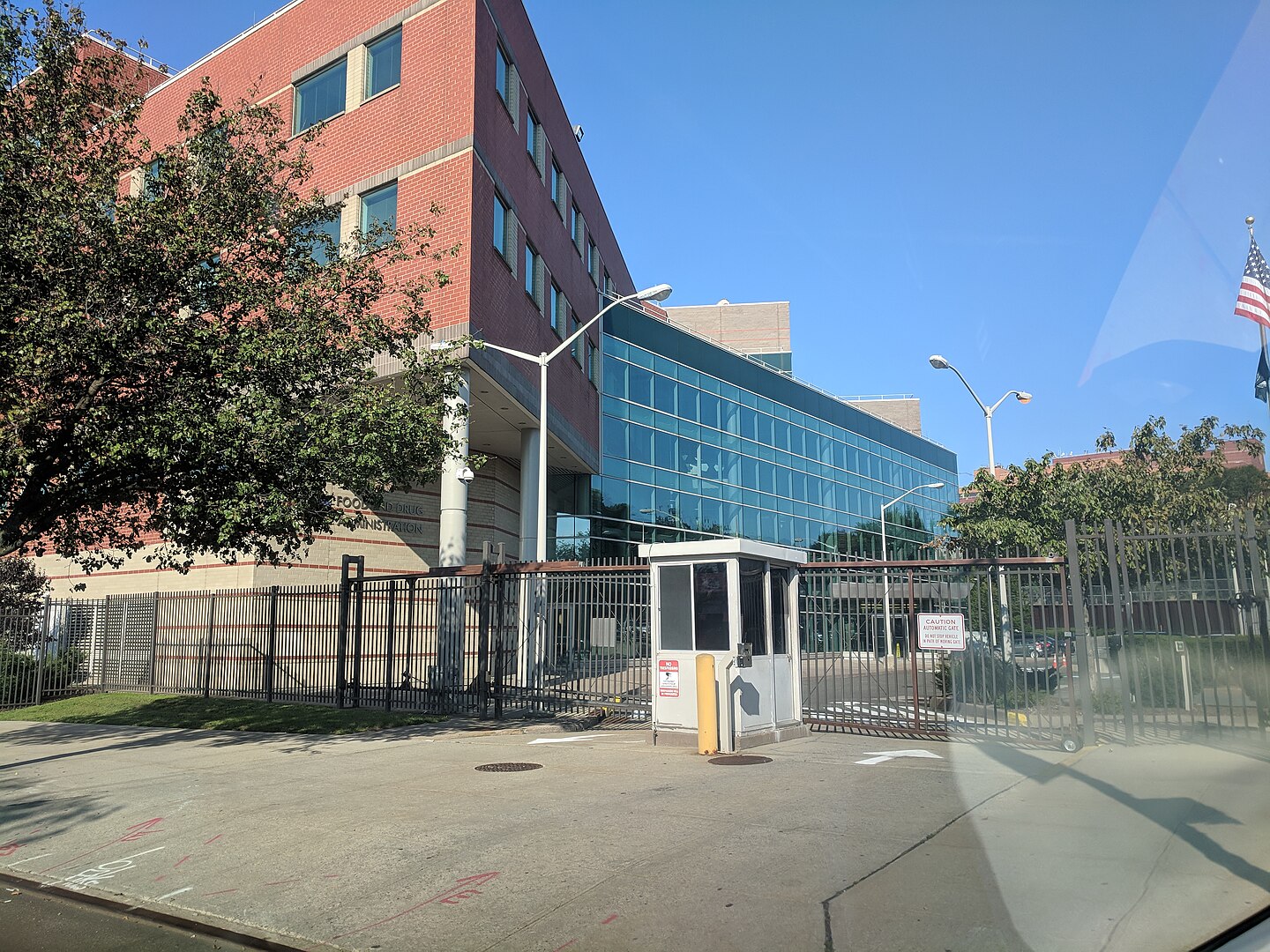Retail giant Walmart has recalled 9,535 cases of apple juice after the FDA raised the recall’s priority level following concerns over the level of arsenic in the product.
The polluted juice arrived in 25 states, Puerto Rico, and D.C. This could be just the tip of the iceberg, however.
Surpassing Industry Guidelines

Inorganic arsenic levels surpassed industry guidelines in the juice which sparked concerns over the product. The producer started a voluntary recall once this was discovered.
The contamination was discovered by routine testing. The fact that this was only discovered after thousands of cases had already shipped has raised concerns over the effectiveness of food safety protocols.
Organic vs. Inorganic Arsenic

Exposure to low-level arsenic can cause symptoms such as vomiting and abdominal pain. Organic arsenic has been shown to be less harmful than inorganic arsenic.
Inorganic arsenic is classified as a carcinogen by the EPA. Because of this, the long-term effects of this exposure could be significant if significant quantities are consumed.
Retailer Response

The retailer responded to the recall by removing the affected products from the store once they were informed. They’re working alongside the supplier in order to investigate the contamination.
The FDA hasn’t announced any illnesses linked to the recall as of yet. This response may help to curb the number of reported illnesses over the next few weeks.
NIH Report

The National Institutes of Health (NIH) reports low arsenic levels in numerous food sources as it can occur organically. In the production of food, arsenic testing is routine in order to ensure that levels are not above regulation.
Numerous symptoms can result from slightly elevated levels. It doesn’t cause adverse symptoms at lower levels as negligible amounts of arsenic are consumed regularly.
Temporary Health Problems

The FDA says that the recall could cause temporary health problems. They don’t anticipate serious or irreversible clinical issues.
As the recall affects an everyday product that was shipped to half the country and the contamination wasn’t detected until routine testing it may have an impact on consumer confidence in food safety.
Supply Chain Oversights

The manufacturer is looking into the source of the contamination as part of the recall. The recall has also exposed possible holes in the quality control process.
It brings up issues about oversights in the supply chain process. Questions may be raised regarding whether this issue could have been avoided through better processes.
Walmart Statement

According to a statement from Walmart which was shared with Forbes regarding the recall, “The health and safety of our customers is always a top priority.”
The statement went on to expand on this, “We have removed this product from our impacted stores and are working with the supplier to investigate.”
States Impacted

The apple juice recall impacts the following states: Alabama, Connecticut, D.C., Delaware, Florida, Georgia, Illinois, Indiana, Kentucky, Massachusetts, Maryland, Maine, Michigan.
Further states include Mississippi, North Carolina, New Hampshire, New Jersey, New York, Ohio, Pennsylvania, Puerto Rico, South Carolina, Tennessee, Virginia, Vermont and West Virginia alongside Puerto Rico and D.C.
Arsenic Chemical

Occurring in the environment from both natural and manmade sources, arsenic can be found in volcanic eruptions, arsenic-laden rocks, arsenic-laden pesticides as well as contamination from mining as per the FDA.
The FDA has set a limit of 10 parts per billion for inorganic arsenic in order to prevent health risks as they monitor arsenic levels in apple juice.
Impact on Body

According to the National Institute of Environmental Health Sciences (NIEHS) arsenic can have an impact on a wide range of organs if ingested in large enough quantities over a long period of time.
These include the immune system, cardiovascular system, skin, endocrine system, nervous system, prostate glands, respiratory system, kidneys, bladder and liver.
Risks of Ingestion

In the short term, the FDA reports that high levels of arsenic can cause nausea, vomiting, bruising, and numbness or a burning feeling in the hands and feet.
As per research from the University of California, Berkeley, childhood exposure to arsenic can cause an increased risk of contracting bladder and lung cancer as an adult.
Low-to-moderate levels of arsenic may have a connection to diabetes according to some studies.
